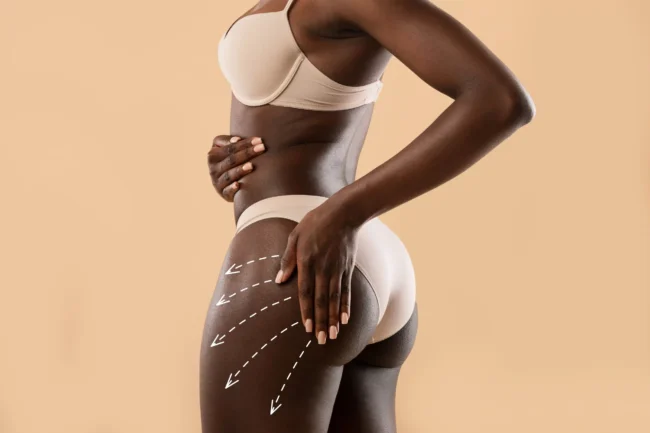Brazilian butt lift causes serious headache for doctors as more local women go for it
More South African women are undergoing the Brazilian butt lift (BBl).
This growing trend is now causing a massive headache for medical doctors in the country.

The Association of Plastic, Reconstructive and Aesthetic Surgeons of South Africa (Aprassa) responded to a recent Sunday Times article that highlighted how increasing numbers of black women in South Africa are getting BBLs.
Dr Pertunia Mathibe, a GP and founder of the Centre for Body Sculpting in Pretoria, which is popular for BBLs and liposuction, was interviewed about her practice.
However, in response, Aprassa alleged that Mathibe, popularly known as Dr Pert, is not authorised to do BBLs, and that she is in breach of rule 21 of the Health Professions Council of South Africa (HPCSA), which stipulates who is allowed to conduct cosmetic procedures.

“She is a GP and as such is not allowed to perform cosmetic surgery operations such as liposuction and [the] Brazilian butt lift,” said Aprassa president Dr Craig Wittstock.
Injecting fat into the buttocks, which is how a BBL is done, could be a dangerous and even fatal procedure, he said. “It is widely regarded as the procedure with the highest mortality rate among cosmetic surgeries.”
However, HPCSA spokesperson Priscilla Sekhonyana said all practitioners who have received the appropriate training are allowed to perform BBLs and liposuction.

“Cosmetic medicine, or nonsurgical cosmetic procedures, may be performed by any practitioner registered with the HPCSA, including GPs and dentists, provided that, if they perform cosmetic medicine procedures which result in permanent anatomical and/or physiological changes, they [are] appropriately educated, trained and experienced,” she said.
Cosmetic surgery, or any other form of surgery, is ordinarily performed by specialists in plastic and reconstructive surgery, “but may also be performed by other qualified practitioners or specialists [who] have [received] formal, structured training”, Sekhonyana said.
These practitioners need “assessment and ongoing professional development in certain aspects of cosmetic surgery relevant to those particular specialities”.
Also Read: Pink Cocaine Epidemic Hits Cape Town Streets
